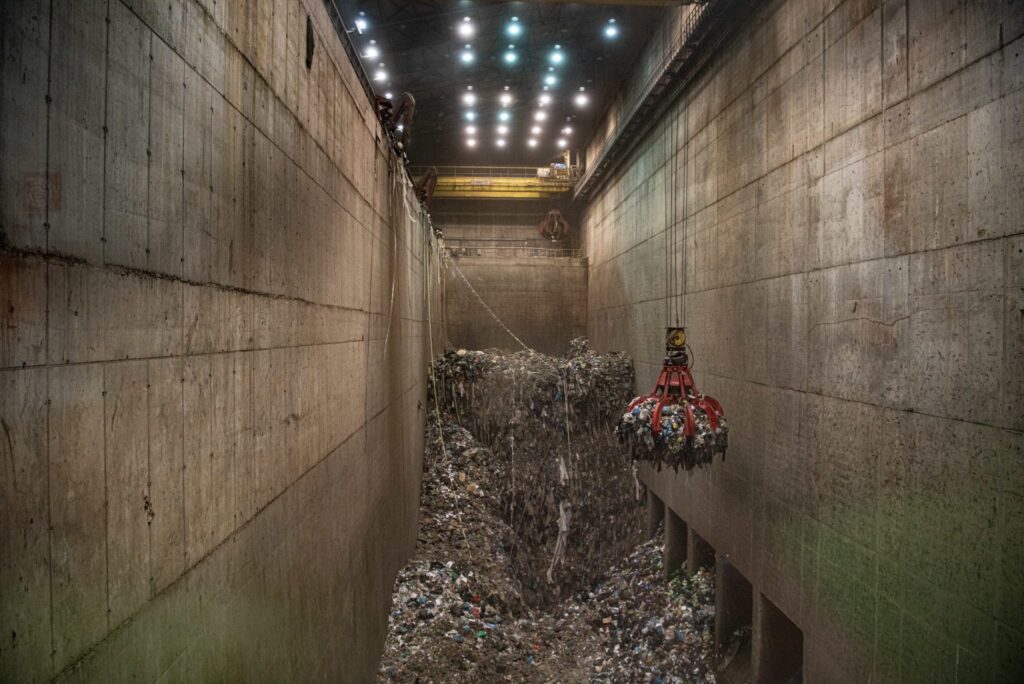Plans to encourage householders to recycle more rubbish are too timid, too complicated and unlikely to work, according to a report from the Communities and Local Government select committee.
Summarising the findings of the report today, committee chair Dr Phyllis Starkey, Labour MP for Milton Keynes South West, said that more research should be done into the health impacts of fortnightly collections, incentives of £50 or more per year are needed to encourage people to recycle and that fortnightly collections are best-suited to rural and suburban areas.
The committee of MPs' comments on and monitors work relating to the Communities and Local Government Department (CLGD) which handles most local government issues. The CLGD is separate from Defra which shapes waste policy – Defra is increasingly having to look to the CLGD to help it in the delivery of waste policy.
Negative
The MPs said rewards as little as £20 or £30 a year for sorting waste into as many as five different bins, bags or boxes will not outweigh the negative psychological impact of making “bad” households pay more.
According to the committee: “Instead of bringing the radical change the Government wants, the schemes could lead to public protest, as well as more fly-tipping and non-payment, as councils have no clear guidelines on how to enforce payment.”
The committee said it agreed with the government that local councils are best placed to determine the most appropriate refuse collection methods for their areas, but said a national response is needed to highlight best practice and encourage its wider adoption.
Not urban areas
The committee also agrees that “recently controversial alternate weekly collections (AWC), in which refuse is taken away one week and recyclable materials the next, is suitable for some councils.” But, it added that AWC is not appropriate to all areas, particularly highly populated urban centres with crowded streets and limited storage space for bins.
The MPs also agreed that recycling has tended to increase in areas where AWC has been introduced, but they were cautious on whether or not a direct link between those increases and the new system has been proven.
A statement from the committee added: “Although research conducted to date has found no evidence of adverse health impacts from AWC systems, the Committee felt, given the strength of public concern, allied with a wealth of anecdotal evidence about increased populations of flies, maggots, rats and other vermin, there should be further research into the health implications of AWC.”
Food waste
The Committee went on to say that the government should do more to encourage local authorities to adopt separate food waste collection and for food waste to be collected at least once a week.
“In the long term there should be a move towards a national strategy to encourage householders and retailers to cut down on food waste. At present a third of all food bought is subsequently thrown away, wasting households on average £400 a year and adding to refuse collection costs,” it recommended.
Definition
Dr Phyllis Starkey said: “We would like the Government come up with a core definition of what householders should expect from their refuse collection. This should include no complicated rules, rubbish collected when the council says it will be and schemes to suit every household from the largest rural home to the most crowded urban area.
“What we do not want is, as Ben Bradshaw, then the Minister for Waste, put it, local authorities 'blundering' into AWC before proper consideration and consultation has taken place as to whether this is the best system for that area.”










Subscribe for free